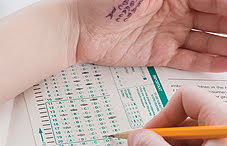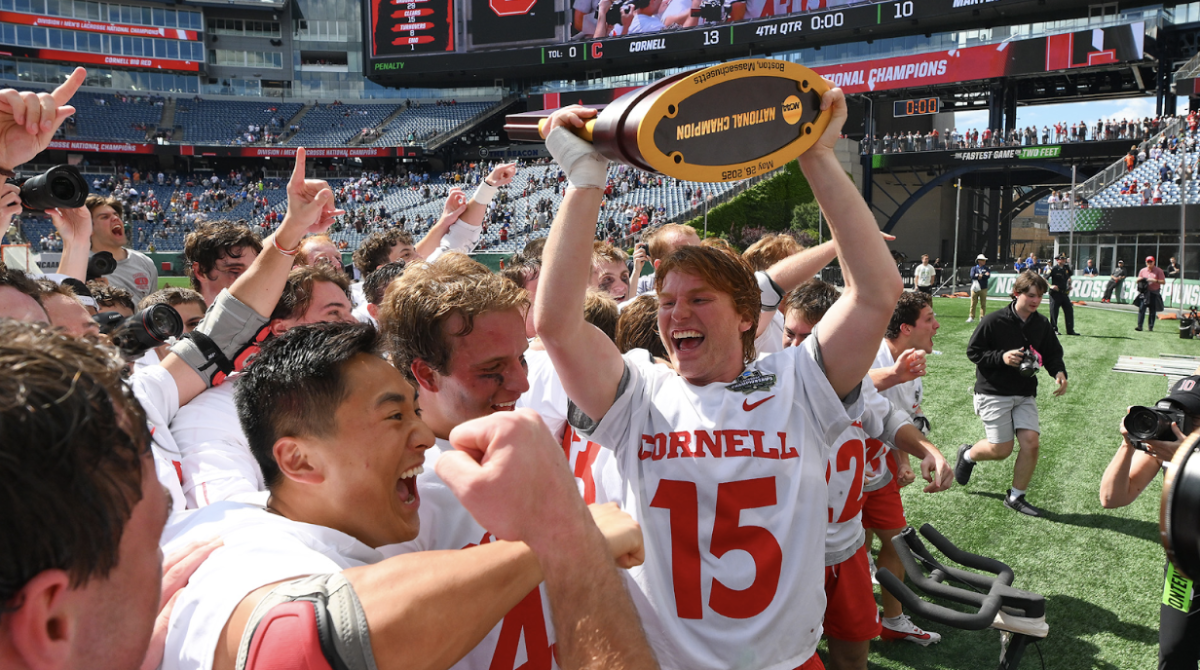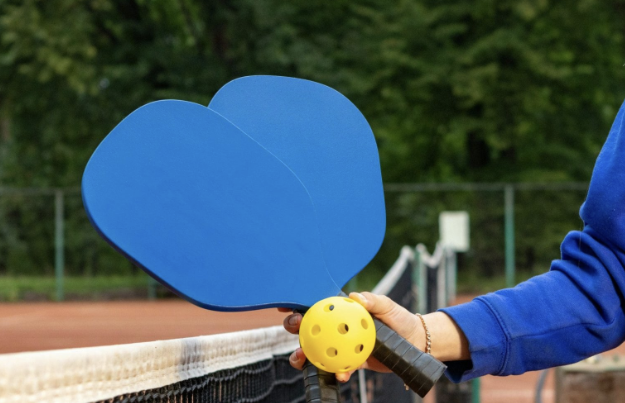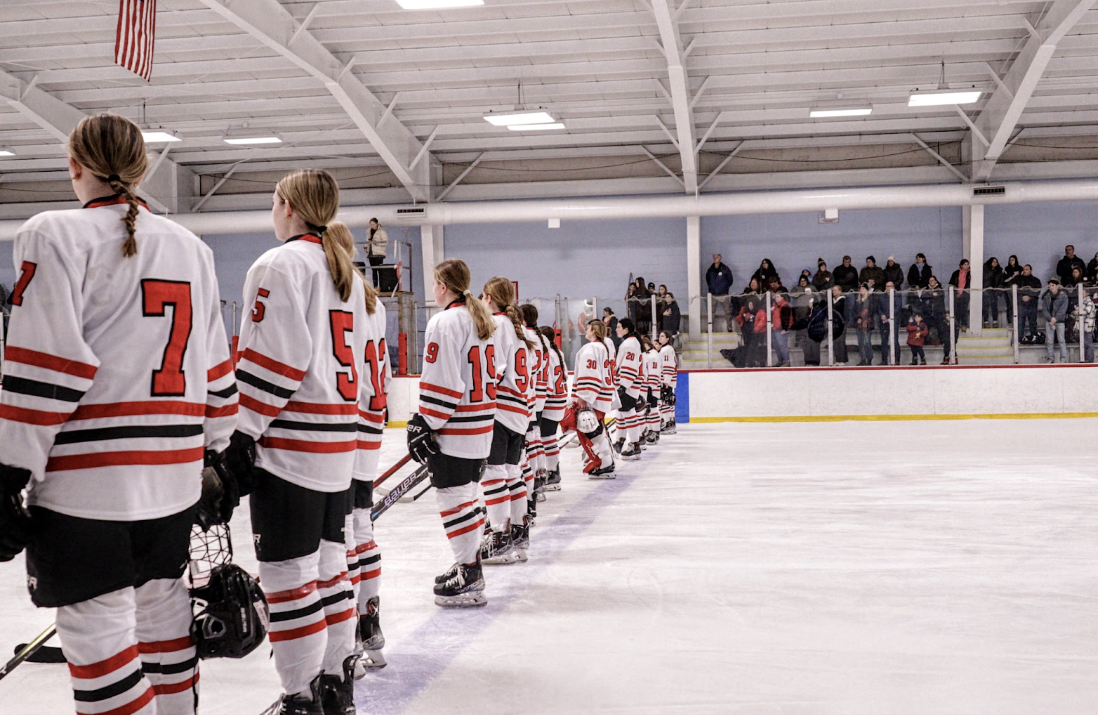Is Cheating Still A Problem?

Cheating has become a very difficult topic in schools across the nation. (American Psychological Association)
April 1, 2018
Over the past decade, schools across the nation have been trying to find solutions to stop cheating for good; however, whether or not cheating has actually decreased is still debated as academic competition plays an increasingly larger role in society. This poses a question: do students still cheat?
To answer this, cheating needs to be defined, as it can range from plagiarism on an essay to copying off of a one-page homework sheet. As for a universal answer, most teachers define the act of cheating as a student passing off another person’s work as his or her own. Between using the internet to look up answers during a test and using an older sibling’s research paper for a good grade, receiving credit and feedback on an assignment that is not an original work is completely wrong and defeats the whole purpose of the assignment.
Oftentimes, teachers assign homework or projects as a learning tool to build on key concepts taught in their class, and, by cheating, students are robbed of the ability to develop these basic skills. This highlights the role of grades and how they’ve come to appear more important than the actual mastery of the curriculum of a class.
In this day and age, kids have developed unhealthy obsessions with grades. As a result, many students now have a distorted view of success. Freshman Cassandra Dasco explains, “I always think that I need to get perfect grades so I can get into a good college and get a good job. I feel like the only thing colleges look at are my grades. They basically define me, I guess.” Essentially, students feel finding success in life is based solely on how well they did on examinations like their A Tale of Two Cities test in ninth grade.
So, does this mean kids will do anything to achieve perfection on a report card? For teachers, students, and parents, this question is highly debatable.
According to freshman Julia Burn, “Cheating is so typical here at Hingham High. I feel like it has become such a norm that you’d have to be weird to not have done it. It’s just too easy to get away with, and it’s much easier than studying, so yeah I don’t think this problem will be solved any time soon.”
Obviously, cheating has become a very viable option for those just trying to pass their classes as well as for students known for their exceptionally good grades; however, cheating only amplifies this distorted image of success and the stress over high grade point averages.
Despite this opinion, some students and staff at Hingham High believe that although cheating remains a problem, there have been many actions and precautionary measures put in place to decrease its occurence. With the establishment of school-wide policies for cheating in the student handbook, many consequences stand to discourage kids from doing it.
Websites like Turnitin.com also ensure that students submit original writing in classes, and they have caused a significant decrease in the amount of plagiarism found in English and History courses. Regardless of these measures taken, many believe that there is no a way to completely eradicate cheating because “students will always find a way,” says Julia Burm.
There will always be cheating. At HHS, the issue of cheating is just a matter of how to best minimize it and how well Hingham High has been doing so. For the most part, the question of whether or not kids still cheat is hard to answer, as this problem is infinitely changing. Hopefully one day there will be a solution.
































